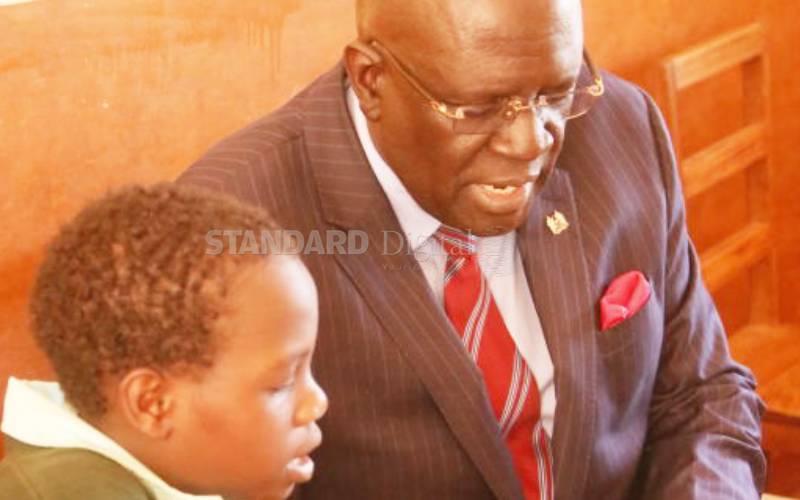×
The Standard e-Paper
Fearless, Trusted News

Education Cabinet Secretary George Magoha reads along with a pupil from Kakamega Primary School last month. [Benjamin Sakwa, Standard]
The quality of teacher training conducted by the Teachers Service Commission (TSC) has been the subject of debate among unions and the teachers themselves.